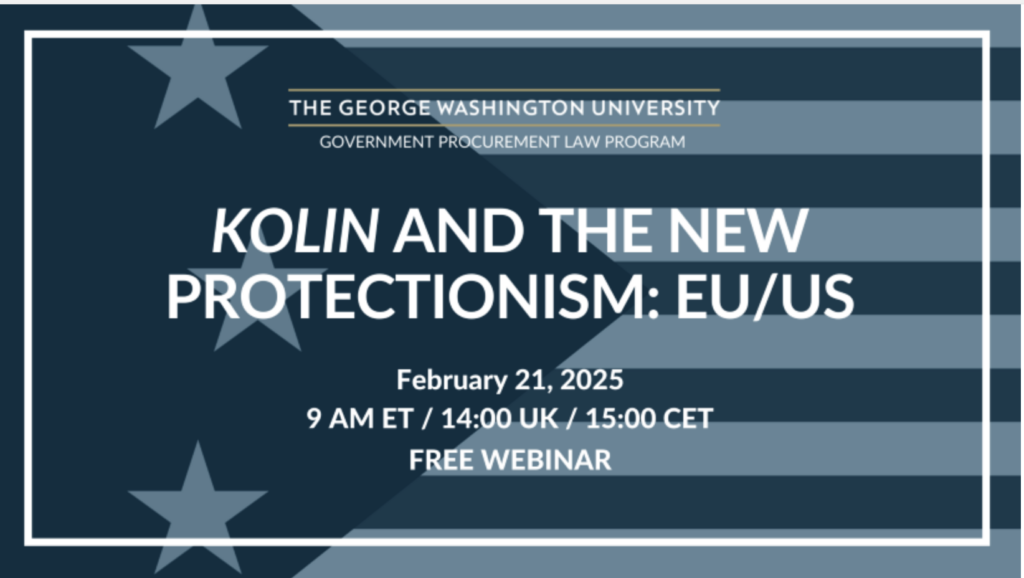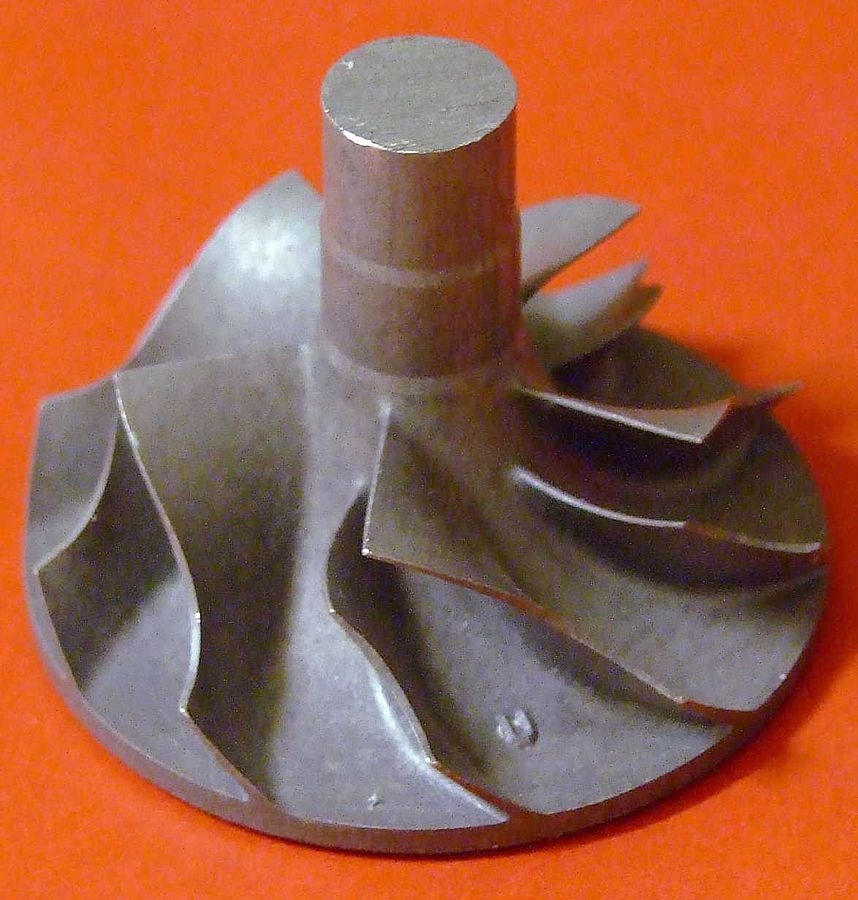
Please join a free one-hour webinar on rising protectionism in public procurement, both in the United States and the European Union, on Friday, 21 February 2025, 9:00 Eastern Time, 14:00 UK, 15:00 CET. A panel of internationally recognized experts will

On May 14, the White House announced increased tariffs on $18 billion of imports from China across “strategic sectors,” including steel and aluminum, semiconductors, electric vehicles, batteries, critical minerals, solar cells, ship-to-shore cranes, and

Exercising his favorite trade tool, President Trump has imposed tariffs under Sections 201 and 301 of the Trade Act of 1974 and Section 232 of the Trade Expansion Act of 1962, as a means of pursuing U.S. interests. In another effort to promote domestic

ITEM OF NOTE For the first time, President Trump has rejected a Commerce Department finding that imports threaten to impair the national security of the United States. This post highlights the president’s July 12 determination that uranium imports

Not content with waging one trade war that may soon encompass all imports from China, President Trump has now embarked on a second that will place a tariff on all imports from Mexico unless it stops migrants from entering the United States. This post looks at

Just when President Trump seemed on the brink of concluding a comprehensive trade agreement with China, the talks fell apart on May 10, and he responded with more tariffs. In light of the set-back, this post considers how Trump’s approach to trade

In March, the Department of Commerce launched an investigation into whether the quantity or circumstances of titanium sponge imports into the United States threaten to impair the national security. It was prompted by a petition, filed by Titanium Metals
Based on the U.S. Trade Representative’s (USTR) investigation of Chinese practices relating to intellectual property rights and forced technology transfers under Section 301 of the Trade Act of 1974, the president imposed tariffs of $50 billion (and
The U.S. Trade Representative’s (USTR) investigation of China’s trade practices relating to intellectual property rights (IPR) and forced technology transfer under Section 301 of the Trade Act of 1974 provided the president with a third opportunity to
On January 22, President Trump turned his threats to impose higher tariffs on China and promises to protect U.S. industry from imports into action. He ordered safeguard tariffs on imported large residential washing machines and imported solar cells and